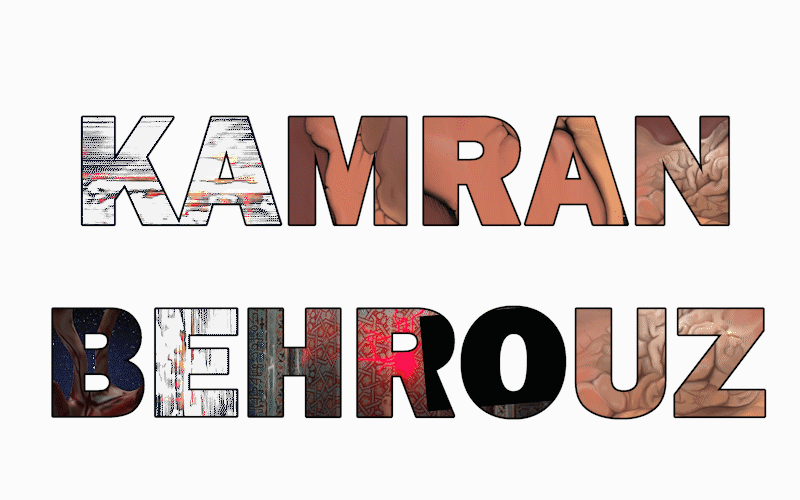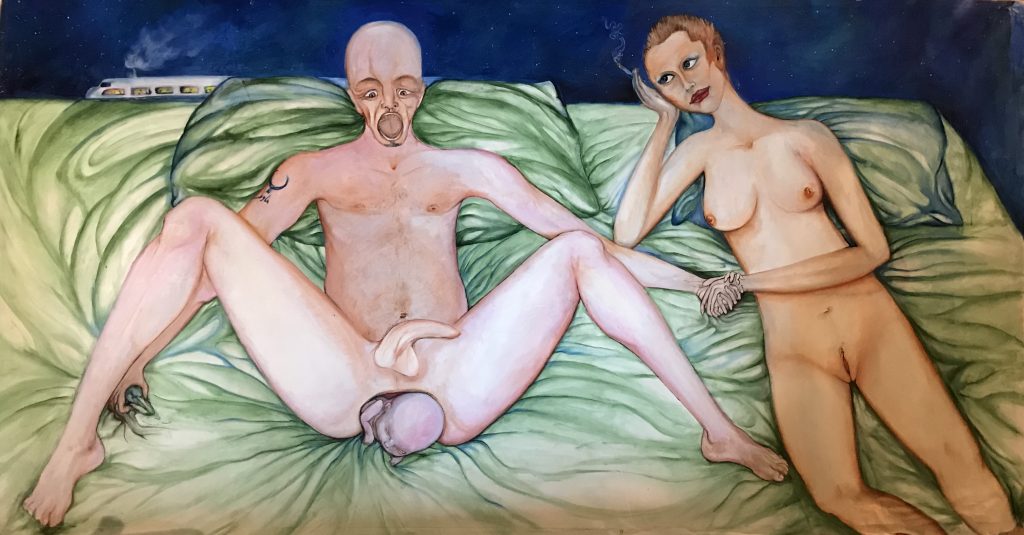Staying with the “translation trouble” of Sex and Gender
18th June 2019 at Haus der Kulturen der Welt (HKW), Berlin
Translation workshop(s), part of the New Alphabet School
Staying with the “translation trouble” of Sex and Gender
Moderated by Kamran Behrouz
Abstract: “Sex” and “gender” are key terms in trans-Atlantic feminist theory and untranslatability studies. When Judith Butler’s Gender Trouble (1990) was translated into other languages, many different translations and neologisms appeared. In Farsi for instance there are insufficient words to address sex, gender, sexuality as well as transgender people. Transsexuality in Iran has not been shaped by similar conceptual distinctions among gender, sex, and sexuality as within the Anglo-American context. As Brad Epps has noted, “Gender trouble, in a global frame, needs to be at once supplemented (in the deconstructive sense) and recast as ‘translation trouble’ or, better yet, ‘language trouble.”
Drawing on these arguments, the workshop will deal not only with the untranslatability of the words sex and gender but also reflect on the historical dimension of this “language trouble”. The attempt is to challenge existing methodologies, to re-translate terms or even come up with new terminologies as a solution to avoid ‘cultural discombobulation’.
©️2012 Kamran Behrouz, motherhood
Description:
My artistic research deals with the notion of linguistic lacks: Displacement/disposition is mainly accompanied by lack or disposition of language. Languages shape and create subjectivation, however, when subjects are lacking specific signifiers to register or to be expressed(for any cultural, historical reason), the notions and subjects have been bent and compromised themselves in other familiar signifiers which at some point perpetuate the lack and normalize the absence.
For instance this issue is similar to the lack of a sufficient word to address transgender people in Farsi. Iran has a peculiar and paradoxical history of gender and sexuality. “Some of the conceptual distinctions among gender, sex, and sexuality within the Anglo-American context, including the distinction sometimes made between transgender and transsexual (based on surgical modifications to the body), have been shaped over the past decades by the identity politics of gender and sexuality as well as queer activism and queer critical theory. Transsexuality in Iran has not been shaped by such developments” (Najmabadi: 2014) [1]
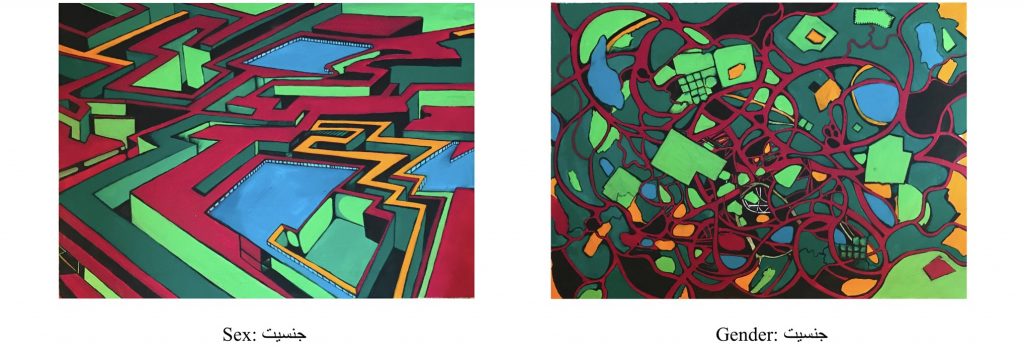
For instance, in Farsi the words both sex and gender are written under one signifier “Jensiat”, similar to the Latin word “Genus”. “Sex” and “gender” as keywords in trans-Atlantic feminist theory were always the center of untranslatability in queer-feminist discourses within different languages. “the English term “genre,” which like Greek genos, French genre, or German Geschlecht is an Untranslatable prime”(Apter:2013) [2] Genre interfered with the translation of “gender” in Butler’s title (gender trouble) [3] as the book began to appear in different languages. As Butler mentioned herself:
“Like “genus” in Swedish which implies species-being, so Geschlecht in German implied not only a natural kind, but a mode of natural ordering that served the purposes of the reproduction of the species. That early German translators of Gender Trouble chose to translate “gender” as “Geschlechtsidentität” (sexual identity) may have been an effort to move away from species discourse, or perhaps it was a way of responding to those emerging queer arguments that claimed that binary sex was understood to serve the purposes of reproducing compulsory heterosexuality (Rubin, Butler). The problem with that choice, however, was that it confused gender with sexual orientation or disposition. And part of the analytic work of understanding gender apart from biological causality and functionalism was precisely to hold open the possibility that gender appearance may not correspond to sexual disposition or orientation in predictable ways.” [4]
As Brad Epps has noted, “Gender trouble, in a global frame, needs to be at once supplemented (in the deconstructive sense) and recast as ‘translation trouble’ or, better yet, ‘language trouble.” [5]
Drawing on these arguments, this workshop deals not only with the untranslatability of the words sex and gender but also attempts to reflect on the historical issues related to this “language trouble”. The attempt is made to challenge the existing methodologies, to re-translate these terms or even coming up with new terms as a solution to avoid ‘cultural discombobulation’. Based on comparative analysis and discussions during this workshop, we are aiming to stay with the trouble of untranslatability during the act of translation.
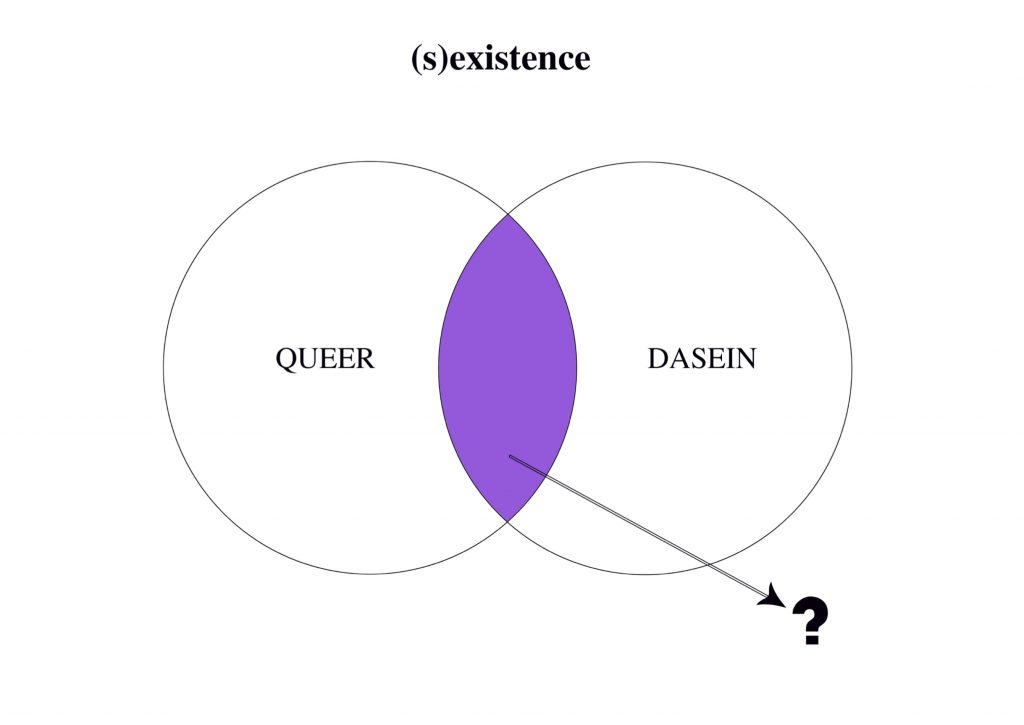
Notes:
[1] Professing selves: Transsexuality and same sex desire in contemporary Iran, Afsaneh Najmabadi, Duke university press, Durham, 2014, pp. 30
[2] Apter, Emily, Against world literature: on the politics of untranslatability, Verso, London, 2013, pp.145
[3] Butler, Judith, Gender Trouble: feminism and the subversion of identity, Routledge, London, 2008 (first published in 1990- second volume in 1999)
[4] “Judith Butler, “Gender” entry, commissioned for the English edition of the Vocabulaire, forthcoming, Princeton University Press.”
[5] Brad Epps, unpublished discussant’s comments on draft of chapter 4 of Professing selves: Transsexuality and same sex desire in contemporary Iran (by Afsaneh Najmabadi, Duke university press, Durham, 2014), presented at the Harvard Humanities Center, Gender and Sexuality Seminar, September 30, 2009. See also Mieke Bal, Traveling Concepts in the Humanities: A Rough Guide (Toronto: University of Toronto Press, 2002).
———————————————————————————————————————————————————————————
Second step is to consider this complexity within different languages and cultural narratives. For this matter I will use Emily Apter’s comparative analysis (regarding the untranslatability of sex and gender ) in the context of different European languages, in order to draw a cosmopolitical diagram of untranslatability of sex and gender (This part will be generated as group discussion).
After spotting the historical blind spots, There will be some experimental diagrams or better say ‘translation games’ to see how collectively we can come up with some solutions or neologisms in order to avoid cultural discombobulations.
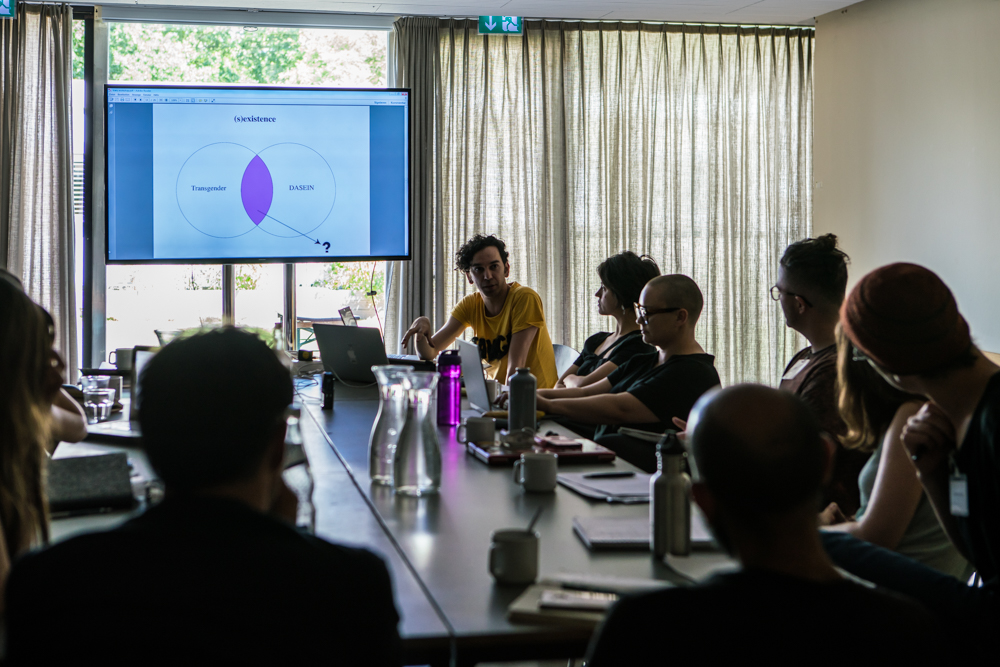
(For going through all the slides please click on the bottom left arrow under the PDF)
translating sex and gender
The New Alphabet School is a school for artistic, curatorial, poetic and activist research practices. Inaugurated with an (Un-)Learning Place in January 2019 with 80 international participants, it continues as a series of events for self-organized learning, collaboration and discussion. For the edition #1 on Translating, participants of the New Alphabet School convene workshops and invite new members to register and join the school.
